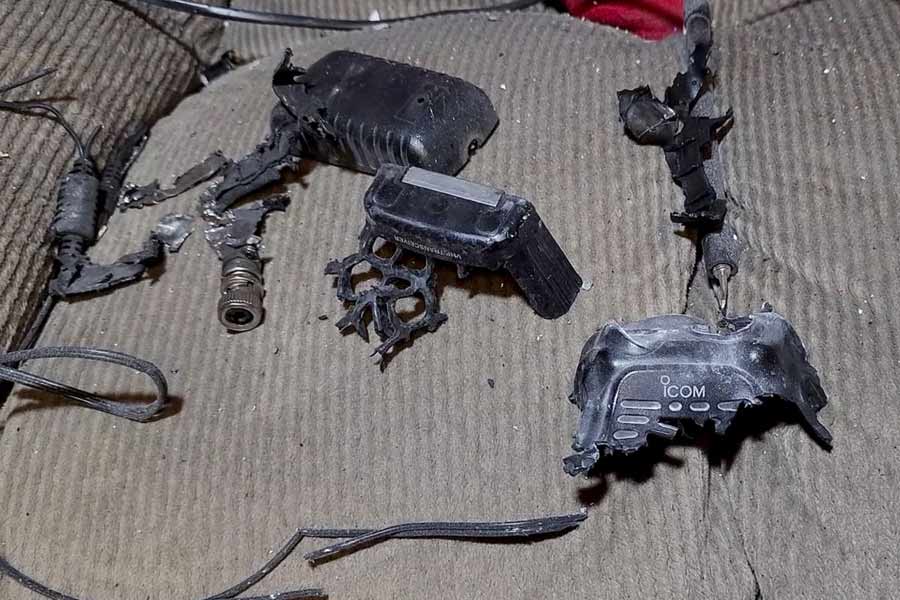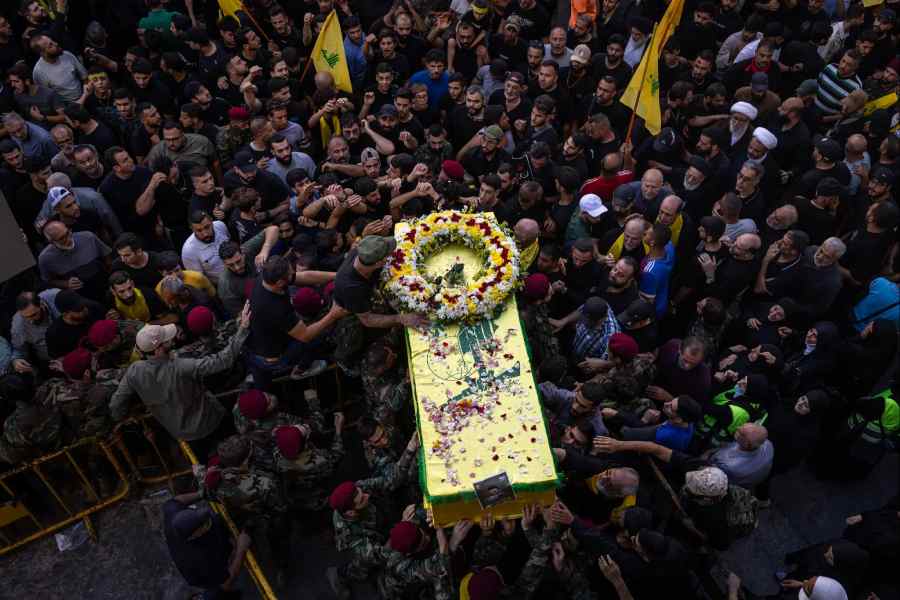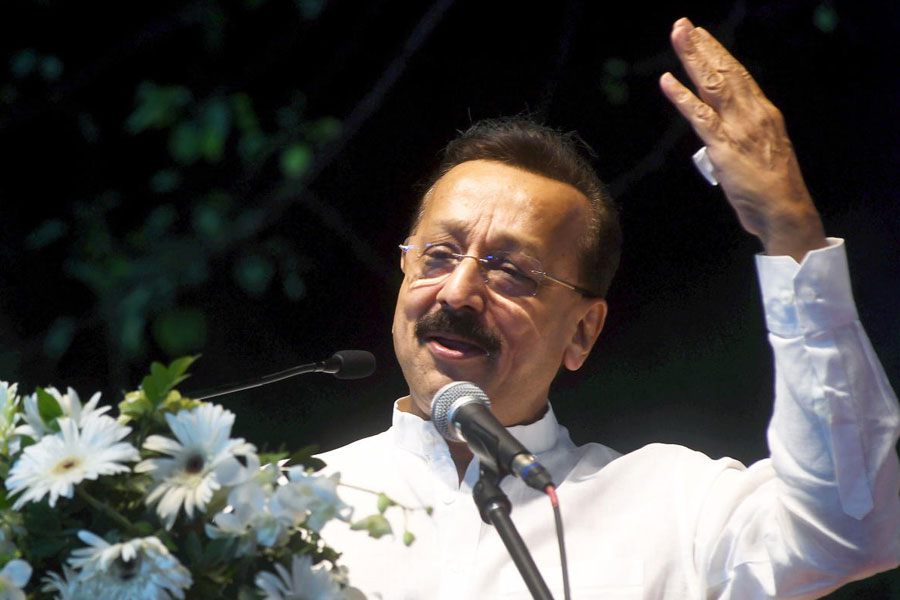Security services and organisations around the world like airlines have moved into panic mode in the wake of the Israeli cyber attack on pagers and walkie-talkies.
Security experts predicted that airlines in particular may have to introduce new restrictions on devices like mobiles and laptops now that the Israelis have demonstrated how these can be booby-trapped.
“Hezbollah might have been today’s target, but today’s events may have the most profound impact on the aviation industry since 9/11,” predicted the American Enterprise Institute think-tank.
The Israeli attack was extraordinary for its sheer scale with a few thousand pagers and then walkie-talkies being detonated simultaneously. But security experts are pointing out that similar attacks could be carried out on a smaller scale by any terrorist group or even individuals. “Terrorists could do it. But maybe not on the same scale,” said one security expert.
The immediate threats focused on the aviation industry and some airlines cancelled flights into Israel. But questions are being raised whether all devices will have to be turned off while in the air. Security services haven’t figured out yet how the Israelis triggered the explosive devices, raising fears about whether they can be triggered even when they are turned off.
In such circumstances it isn’t even clear whether phones and laptops could be carried safely in a plane’s cargo hold. Pointed out the AEI: “Do computers or phones have to be turned on to receive the signal that causes detonation? If not, will airlines ever accept such electronics in carry-on or cargo.”
The AEI added: “If wi-fi is needed to transmit the signal, is that the end of wi-fi on flights? And if passengers cannot do work on an aircraft, will they even fly or turn to video conferencing.”
A crucial factor revealed by the attacks is that the highest tech devices and also much more low-tech ones can be ripped apart by such attacks. Hezbollah had stopped using mobile phones to communicate and switched back to much lower tech pagers and walkie-talkies but these turned out to be equally unsafe. Some airlines reacted to the bombings by placing an instant ban on pagers.
The attacks in Lebanon left a devastating trail of 37 deaths which included two children and around 2,300 injured. Explosions took place in around eight cities and towns around Lebanon and also in Damascus, Syria’s capital. The first wave on Tuesday hit pagers and the second on Wednesday affected walkie-talkies that also turned deadly.
Inevitably, there are also now fears that a wider war could spread to Lebanon. The Hezbollah chief called the explosions an “act of war”. Israel has neither confirmed nor denied that it was responsible for the attacks.
And while security analysts were alarmed about the impact of such explosive devices on the aviation industry, the scenes across Lebanon showed the brutal effect they could have on the ground.
Some security analysts reiterated already existing fears about buying equipment and components from countries like China which could be infected to malfunction. They indicated that entire supply chains would have to be looked at to ensure that critical components could not be activated in the event of a war or even lesser differences.
Said one aviation industry expert: “This is going to be a real problem for everyone. I have always said that Osama created the biggest industry in the world — the security industry. Now it is going to be 10 times bigger.”












